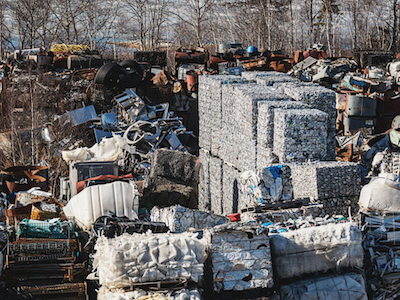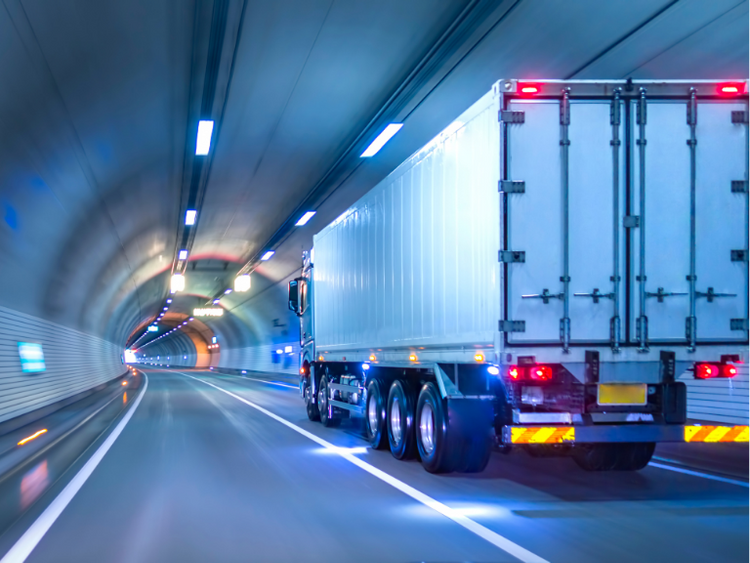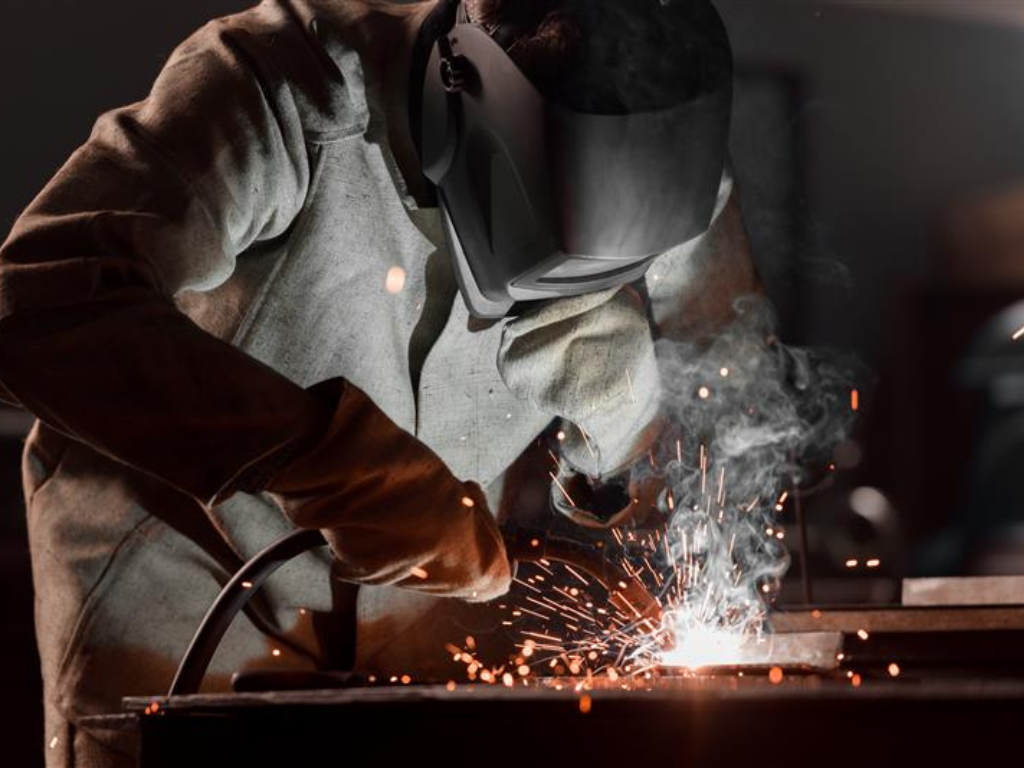Market
November 29, 2023
ArcelorMittal contemplates winding down South African longs operation
Buffeted by the cold winds of adverse steel market conditions, ArcelorMittal plans to close down its integrated-based longs business in South Africa. But the company will first conduct due diligence and hold discussions with unions and other stakeholders. Up to 3,500 jobs, including contractors’, are at risk.
Aggressive cost savings, improved raw material terms, asset footprint adjustments and other productivity initiatives in recent years have been insufficient to counter a range of challenges, ArcelorMittal South Africa said in a stock exchange filing.
A difficult trading environment, slow economy and low GDP growth in South Africa in the last seven years have combined to reduce the country’s apparent steel consumption by a fifth to around 4.0 Mt. Low demand in key steel-consuming sectors, limited infrastructure spending and project delays have resulted in overcapacity and weaker business confidence, according to the company.
There are also national constraints beyond its control, such as high transport, logistics and energy costs, exacerbated by well-publicised logistics failures and their resultant cost impact, plus “electricity challenges”, ArcelorMittal South Africa said. Copper cabling thefts force trains to stop running, and load shedding at times of high electricity demand plague industry in South Africa.
There is also scrap’s advantage over iron ore. “The introduction of a preferential pricing system for scrap, a 20% export duty and, more recently, a ban on scrap exports has allowed steel production through the electric arc furnaces route an ‘artificial’ competitive advantage when compared with steel manufacturers beneficiating iron ore to produce steel,” the company said.
ArcelorMittal South Africa uses iron ore in crude steel production at its Newcastle and Vereeniging works. The plants’ end products include rebar, round bars, flat bars, rails, beams and wire rod.
The due diligence, consultations and final implementation plan will determine the extent, timing and phasing of the wind down, the company said, adding: “The number of jobs impacted will depend on the alternatives identified and agreed to and is subject to a formal consultation process.”
An option raised at this stage includes the longs business being placed on care and maintenance. The intention is for coke batteries to remain operative.
CEO Kobus Verster conceded: “The ArcelorMittal South Africa board and management have reached this point after having exhausted all possible options. As difficult as these circumstances are, we have a duty to ensure that the business remains sustainable in the long term, in the interests of the company and its stakeholders.”
The stock exchange filing included an upbeat comment: “The company’s business going forward will be focused on re-establishing ArcelorMittal South Africa as the champion of innovative, export-driven, steel-based industrialisation in South Africa, for sub-Saharan Africa and other key geographies, by building on the existing competitive supply chain and ensuring the continued growth and competitiveness of core downstream industries such as automotive, renewable energy, mining, and key construction and infrastructure projects.”
The Newcastle works in KwaZulu-Natal province has a 1.9 Mt/y crude steel capacity and last year produced 800,000 t of hot metal and 300,000 t of rebar, according to CRU.





